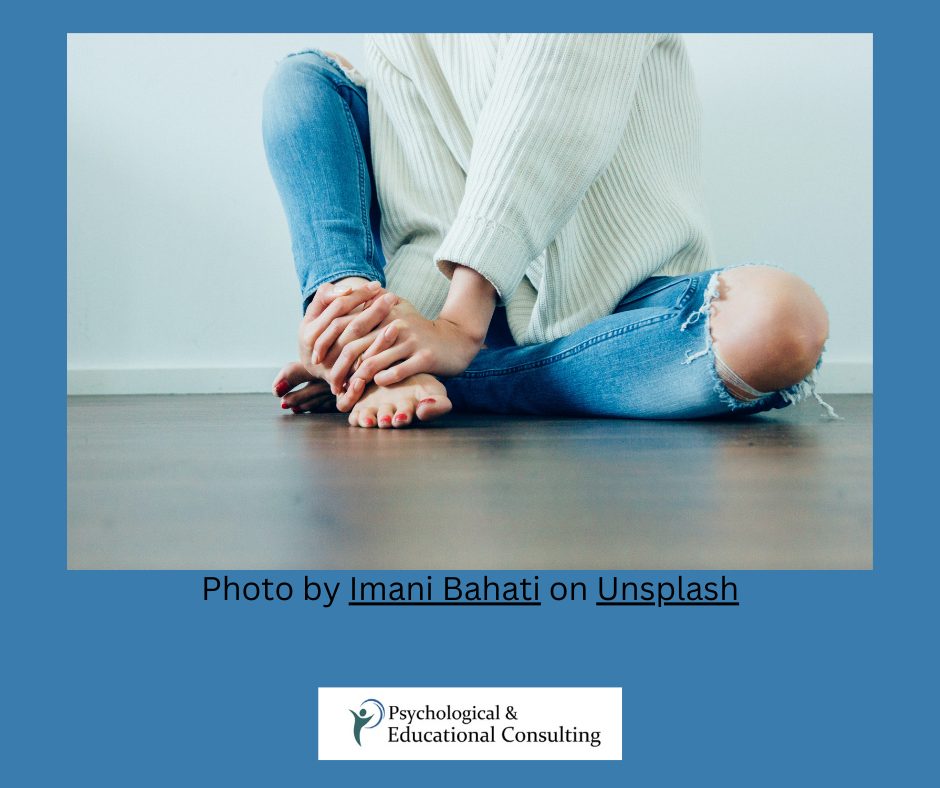Self-Harm in Kids and What To Do About It
written by Amy Forester
If your child has been displaying signs of self-harming, it can be an incredibly overwhelming and heartbreaking experience. Not understanding why your beloved son or daughter is hurting themselves can make the situation even more difficult. It’s important to take action as soon as possible in order to help them get out of this cycle of pain they have placed upon themselves – but how?
In this article, we’ll explore different steps you should take if you think your child might be self-harming, to help both you and them cope with this difficult situation.
Talk to your child about their feelings in a non-judgmental way
As a parent or guardian, it’s essential to create an environment where your child feels comfortable discussing their emotions without being judged. As they grow, particularly during adolescence, hormones can trigger complicated emotions such as anxiety, stress, and sadness. Therefore, creating a space for them to express themselves is crucial in helping them maintain emotional stability.
It’s important to listen actively and refrain from criticizing their thoughts and emotions in order to establish a safe space between you. When you validate their feelings, you’re letting your child know that you accept them for who they are. This fosters an open, healthy and trusting relationship that will benefit both you and your child in the long run.
Consider consulting a professional
Self-harm is a serious issue, and your child’s health is at risk. You should consider
consulting a professional to get advice and support, both for you and your child. Where at all possible, this should be done with your child’s consent or knowledge – going behind their back is only likely to increase the risk of breaking their trust. When this happens, they may start hiding things from you, so it’s best to try and tackle this together. Of course, if the situation is an emergency, you may have to act accordingly and explain to your child that you have their best interests at heart. As parents, we must do our best to ensure that our teens are emotionally and mentally healthy.
Deal with your own feelings in a healthy way
When your child is struggling, it can be hard to do anything other than put your own feelings on the back burner and focus on being there for them. But this can also leave you feeling overwhelmed, especially with a serious issue such as self-harm. Rather than bottling up or shoving your feelings aside, it’s essential to acknowledge them and find healthy ways to express yourself. Whether it’s talking to a trusted friend or family member, writing in a journal, or practicing mindfulness techniques, having a healthy outlet to cope with your emotions can make a big difference. Improving your own mental health can make it easier to show up and support your child, as well as show them a positive example
to follow.
Trust and support your child
Self-harm is a complex issue, and there’s no model way to deal with it that will suit every child. Instead, you’ll need to build trust and communication between your family, so that when issues do arise, you’re more likely to know about them. However, remember that you are not a professional, and you’re not expected to have all the answers. Seek outside help as needed and know you are not alone!

